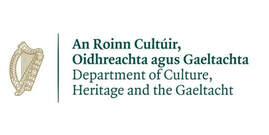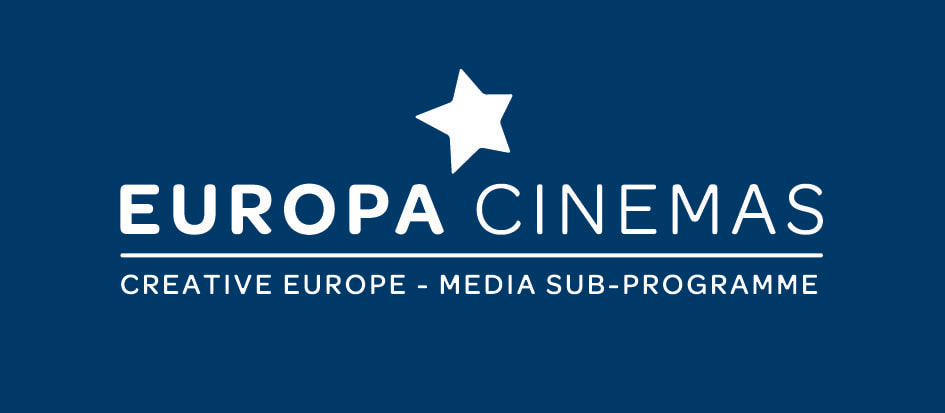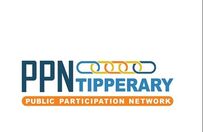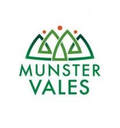|
About Lisa English
Lisa is a native of Fawnagown, Tipperary. She went to school in St. Michaels GNS and St. Annes. She was always immersed in art and craft as a child and a teenager. Unfortunately, for several years she had little time to devote to art due to study and work commitments. In 2022 Lisa began painting again, and undertook night classes in Limerick College of Further Education, Mulgrave St., Limerick. It was there she met Jim Furlong, professional artist and tutor, who encouraged her to exhibit. She has spent the past 12 months working on the series of paintings in this exhibition. Cultural Oppression: Horses in Urban Ireland. Horses in towns and cities are extremely vulnerable. Unlike a dog or cat, horses have no voice. They cannot bark or yowl or scream when in pain. They stand in silence and suffer. A starving horse will not call out for food - it dies in silent agony. A confined horse cannot dig its way out, climb its way out or escape in any other way. It waits in silence for release. A horse that is fed a bad diet cannot vomit up their food. Instead, their intestine twists and strangulates until they die an agonising death. Horses are timid, gentle, silent creatures with no defense mechanisms. Their needs cannot be met in urban environments. They do not belong in urban environments where they have no purpose and no value. Since 2012 the world is aware that animals are sentient beings. A multi-disciplinary amalgam of scientists declared that animals are sentient. 'Animals' includes mammals, birds, fish and insects. The have the same emotions that we do. They feel, think and dream like we do. Horses feel pain and terror. They feel anxiety and fear. They feel hunger and sickness and injury just as a person does. Even though they cannot verbalise their feelings, their experience is the same as if it was inflicted upon a human. As a society we seem to be immune to the suffering of horses in Ireland. There is no outrage in Ireland against the flimsy arguments of "tradition", "culture", "entertainment" that allows for the continued abuse and torture of horses. The violence and torture that horses in Ireland experience can be seen as symptomatic of growing levels of random violence in society generally. While the levels of physical violence on Irish streets have become more apparent recently, there are other forms of violence and hatred that we accept as normal - violent and hateful speech, aggressive behaviour, greed and exploitation. The normalisation of hate, aggression, exploitation and violence is damaging to our society. The violent and cruel treatment of animals should never be considered part of our culture and traditions. Our Celtic ancestors revered nature and animals. Brehon Law imposed fines and punishments for the mistreatment of animals. The Celts revered trees and plants and all of nature and developed a sophisticated legal system based on these values. Maybe it is our Celtic traditions we should look for our cultural roots and how we should treat our horses. Lisa English |
Site Map
|
LocationAddress: Mitchell St, Carrownreddy, County Tipperary
|
Contact UsPlay Lotto Online |












